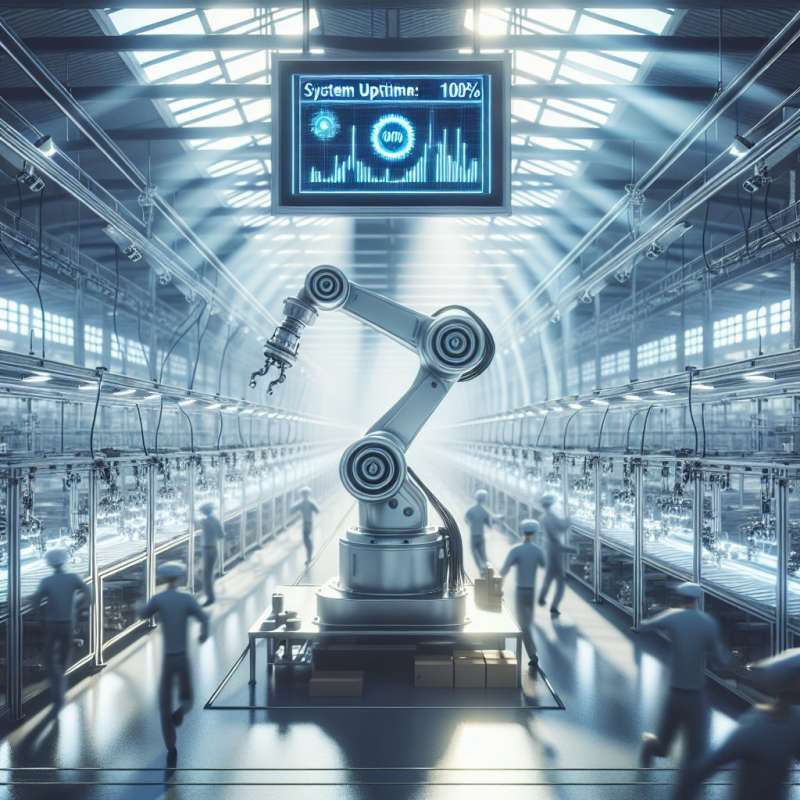
Defining Zero Downtime
Zero downtime refers to systems designed for continuous operation. This goal is crucial for shopfloors to maximize efficiency and productivity, minimize losses, and maintain competitive advantage.
Importance in Manufacturing
In manufacturing, downtime equates to lost revenue. A zero downtime shopfloor means operations run 24/7 without interruptions, eliminating idle periods for machines and workers, thereby boosting output and profitability.
Predictive Maintenance Role
Predictive maintenance utilizes data analytics to preemptively service equipment before failures occur. This approach is essential for achieving zero downtime by foreseeing issues and reducing unplanned outages.
IoT and Connectivity
The Internet of Things (IoT) interconnects machinery, allowing real-time monitoring and control. This network is key for immediate issue identification and resolution, often before they impact production.
Automated Material Handling
Automated guided vehicles and robotics ensure consistent material flow. They reduce manual intervention and errors, maintaining a seamless production process that edges closer to zero downtime.
Redundancy and Failover
Building redundancy into systems and having failover protocols can mitigate the impact of any single point of failure. This ensures ongoing operations despite potential equipment breakdowns.
Continuous Improvement Culture
A zero downtime shopfloor isn't just about technology; it's also about culture. Continuous improvement practices, like Kaizen, engage employees in minimizing waste and optimizing processes.
What is zero downtime?
Occasional system interruptions
Systems designed for non-stop operation
Only operating during business hours
Company